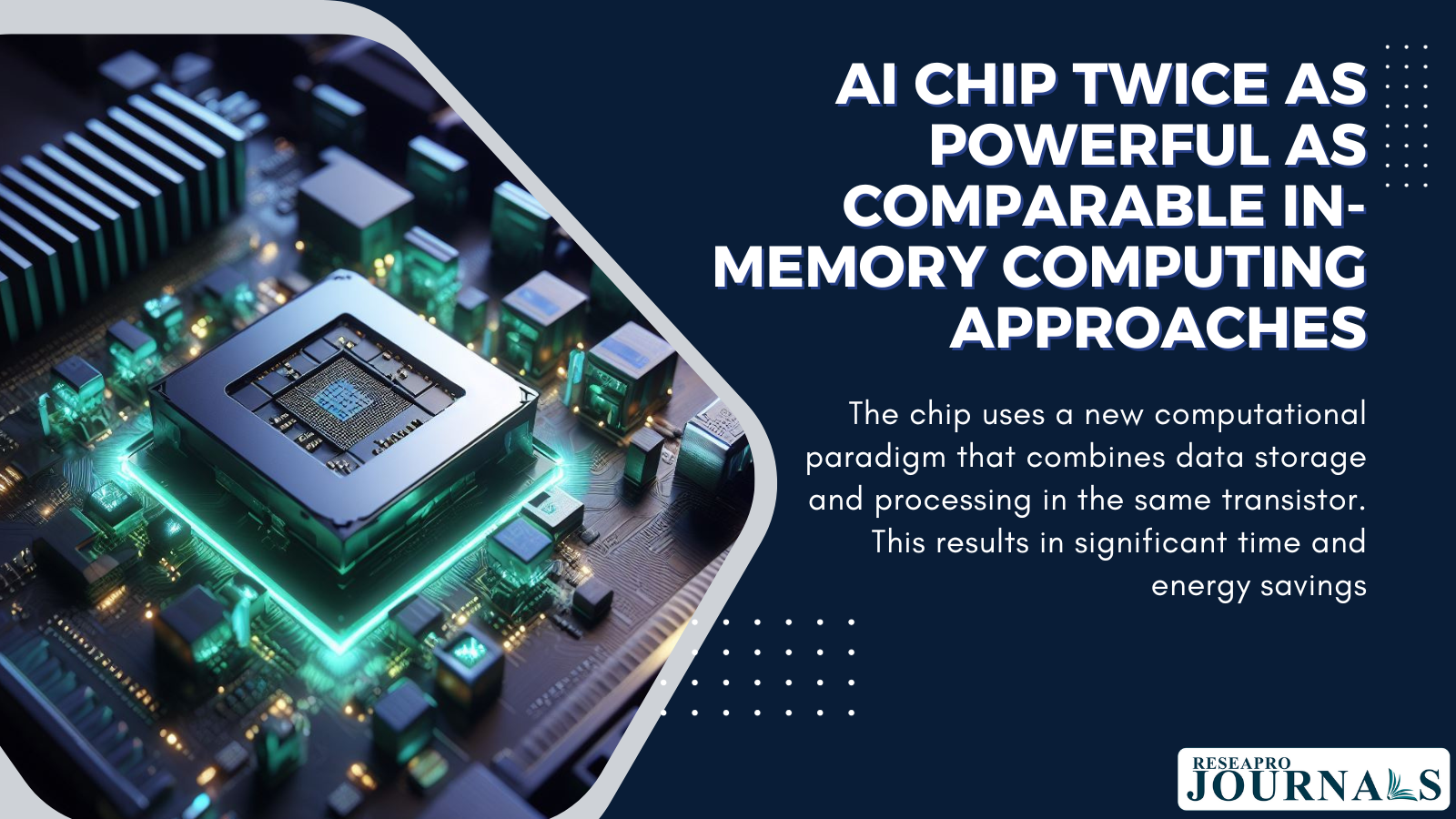The new AI chip is designed specifically for deep learning, generative AI, and robotics applications. These applications require high-performance computing and low power consumption. The new AI chip is able to meet these requirements thanks to its FeFET architecture.
The chip is still in development, but the researchers believe that it could be ready for commercial use within three to five years. This could have a major impact on a wide range of industries, including:
- Automotive:┬ĀThe new AI chip could be used to develop self-driving cars and trucks.
- Healthcare:┬ĀThe new AI chip could be used to develop medical devices and diagnostic tools.
- Manufacturing:┬ĀThe new AI chip could be used to develop robots that can assemble products and perform other complex tasks.
- Logistics:┬ĀThe new AI chip could be used to develop robots that can pick and place items in warehouses and sort packages.
- Security:┬ĀThe new AI chip could be used to develop facial recognition systems and other security technologies.




